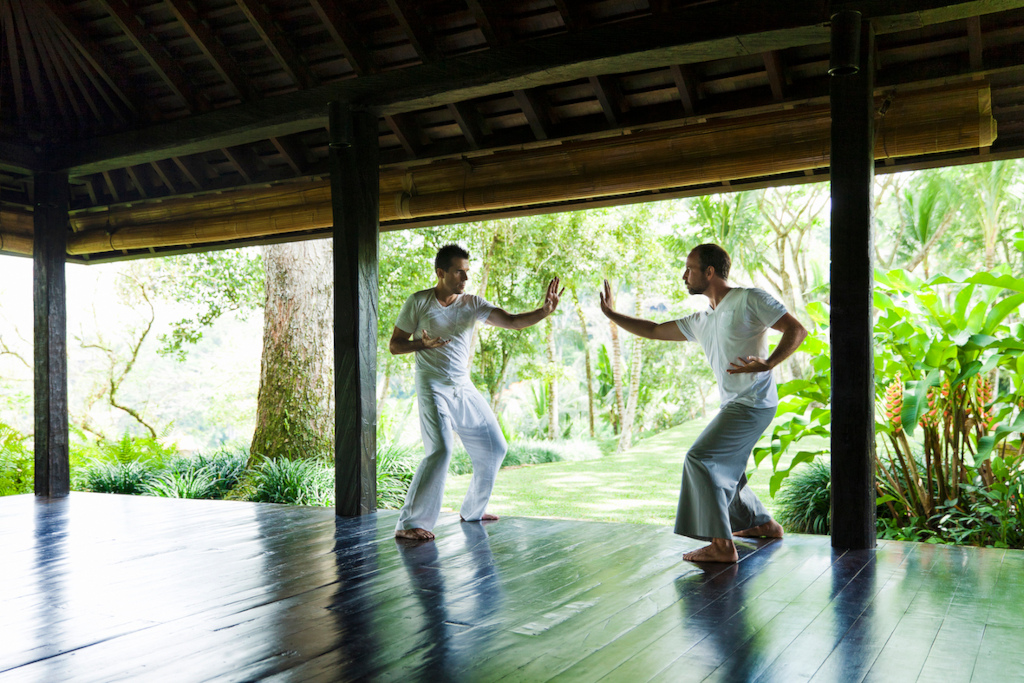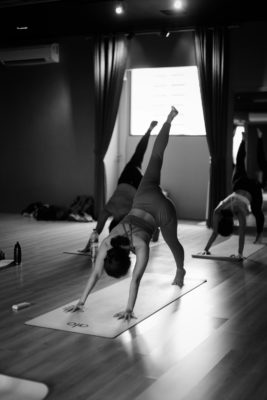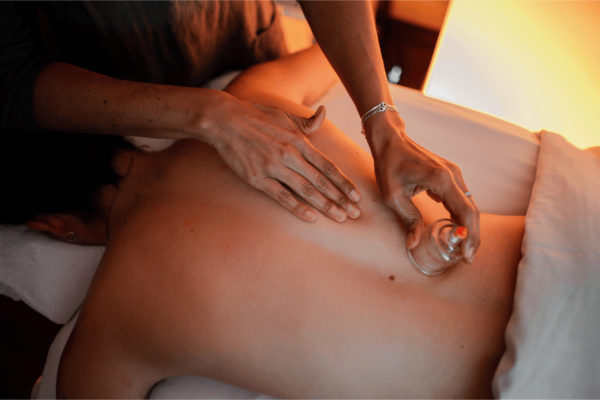Everything You Need To Know About QiGong
By
1 year ago
A practice for the mind and spirit

QiGong, developed in China thousands of years ago as part of traditional medicine, combines coordinated body-posture, movement, breathing and meditation to align the mind, body and spirit. Not only is it used to rebalance, reset and offer clarity of mind, those who practice QiGong also report that it helps reduce stress, anxiety, and improve sleep quality.
To offer her advice on the subject is Kimberly Rose Kneier, Director of Wellness at COMO Hotels; having gained a Master’s Degree in Acupuncture & Oriental Medicine, she has over 15 years of experience in the health and wellness industry, taking a 360-degree approach to sustainable, holistic well-being.
What Is QiGong?

(c) COMO Hotels
‘QiGong is a holistic practice originating in ancient China and is rooted in traditional Chinese medicine and Taoism,’ says Kimberly. ‘There are over 3,000 different types of QiGong. Similar to yoga, it involves a combination of physical postures, slow movements, meditation and controlled breathing exercises. The overarching goal of QiGong is to cultivate and balance the body’s vital energy, known as Qi, and promote overall health, well-being and vitality.’
As Kimberly notes, QiGong generally involves five stages:
- Preparation: Beginning to calm the mind, focus on the breath, arriving and relaxing more fully into the body.
- Warm-up: Gently moving and stretching to prepare the body for more intense movements.
- Main Practice: Performing more detailed and specific QiGong exercises and movements to cultivate energy and overall balance in the body.
- Cool-down: Gradually slowing the practice down to simple and calm movements and returning to a state of calm.
- Closing: Ending the session as it began with meditation, deep breathing, awareness of surroundings (nature) and your body. This seals in the benefits gained by the practice and balances the overall energy in the body.
How Often Should You Practice QiGong?
‘The frequency and duration of QiGong practice can vary depending on personal reasons for practicing,’ highlights Kimberly. ‘Generally, it’s recommended to practice QiGong at least 20 minutes each day if possible. One can increase the duration with experience and personal schedule. More important than the length of time one practices is the overall consistency of their practice.’
Where’s The Best Place To Learn?
‘Personally, I think it’s always best to learn from and practice with someone experienced and in person. Looking for classes in your local area, community centres, martial arts schools, wellness centres, is a great place to start,’ she suggests. ‘Alternatively, there are many online resources as well.’

(c) Hitomi Okushima, Unsplash
QiGong vs Tai Chi
While very similar, Kimberly notes the differences between QiGong and Tai Chi: ‘As mentioned, there are over 3,000 different types of QiGong – and Tai Chi is one of them. Tai Chi is more of a martial art form whereas many other types are primarily focused on health and healing. Many types of QiGong exercises are often quite simple and more static in nature, whereas Tai Chi is a bit more complex and involves a series of movements in a continuous form. For beginners, it is often recommended to start with a simpler QiGong practice and then move onto Tai Chi as it requires a bit more practice to really master.’
What Should We Know Before Trying It Out?
‘It’s important to approach QiGong with a beginner’s mindset and patience,’ emphasises Kimberly. ‘It is not a quick fix, but rather a long-term practice that over time can provide numerous physical and mental health benefits. Regular practice and guidance from an experienced instructor can be immensely beneficial. Like anything, it’s important to consult with a health care professional before starting any new exercise regimen, especially if one has underlying health concerns. However, QiGong is generally a very safe and effective exercise for many and can greatly benefit a number of health concerns when practiced properly.’
BOOK IT
Featured image: COMO Hotels









